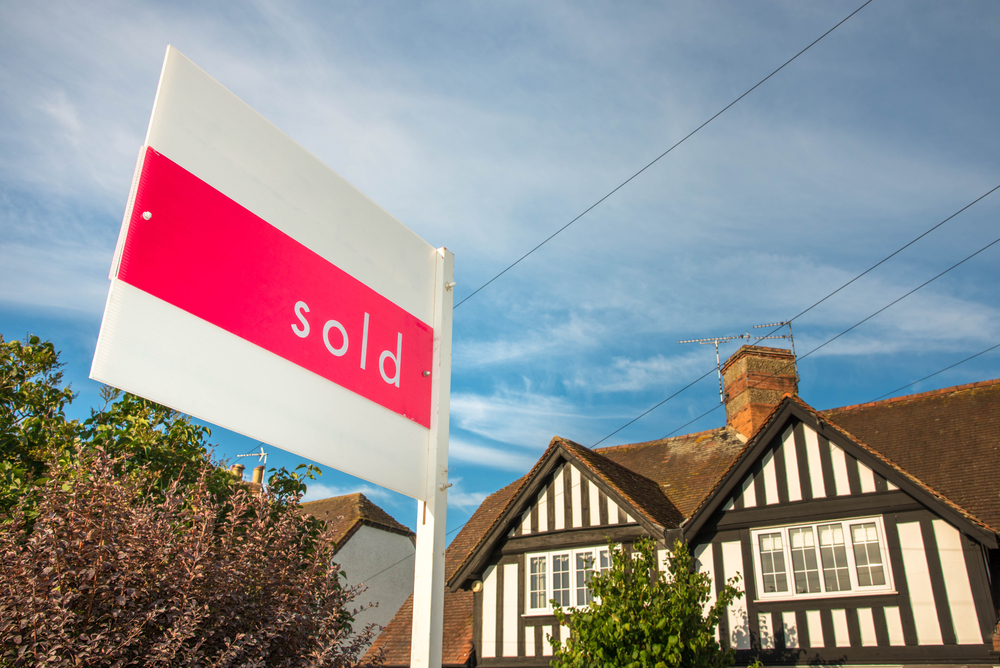A major shift in housing needs driven by the pandemic and lockdown has pushed house prices up to their highest levels ever, Nationwide has reported today.
 According to the building society’s latest house price index, prices grew by 6.9% annually in February.
According to the building society’s latest house price index, prices grew by 6.9% annually in February.
This followed a slight slowdown in January when annual prices climbed by 6.4% and prices dipped compared to the previous month.
But February experienced something of a rebound according to Nationwide, with month-on-month growth of 0.3% which ‘more than erased’ the small decline experienced in January.
It means the average house price in the UK in February was £231,061 which, according to the building society, is the highest on record.
Robert Gardner, chief economist at Nationwide, admitted the increase had come as a surprise.
“It seemed more likely that annual price growth would soften further ahead of the end of the stamp duty holiday, which prompted many people considering a house move to bring forward their purchase,” he said.
“While the stamp duty holiday is not due to expire until the end of March, activity and price growth would be expected to weaken well before that, given that the purchase process typically takes several months (note that our house price index is based on data at the mortgage approval stage).
“It may be that the stamp duty holiday is still providing some forward momentum, especially given the paucity of properties on the market at present.”
Changing housing preferences
Gardener thinks the shift in housing preferences might responsible for this increase in demand.
Indeed, the lockdown and increasing numbers of people who have begun working remotely, has prompted a shift in preference towards more spacious properties in less densely populated areas.
Nicky Stevenson, managing director at national estate agent group Fine & Country, agreed the preference for more spacious living had certainly boosted demand in this area.
She said: “Far from surrendering its gains, the housing market has launched a surprise attack on previous highs, aided by armies of people who still want to shed the home they discovered was too small for them during repeated lockdowns.
“Record high agreed sale prices are a sign that the market is still being buffeted by the unshakeable desire of many to move to larger, more spacious and more expensive homes.
“For these buyers, the prospect of losing out on the maximum £15,000 stamp duty tax break just isn’t so important and these properties will continue to skew the overall picture for at least the next couple of months due to their price tag.”
Stamp duty extension rumours create a buzz
Meanwhile, Lucy Pendleton, property expert at independent estate agents James Pendleton, thought buyers had been reacting in a particularly savvy way to the rumours of a stamp duty deadline extension.
“It is counterintuitive that prices haven’t cooled rapidly ahead of the stamp duty holiday deadline but buyers have been pretty canny,” she said.
“They cottoned onto the chancellor’s awkward dilemma quicker than they’ve been given credit for and have been banking on him choosing not to steal defeat from the jaws of victory by bringing the hammer down on their fingers.
“Even if they’re wrong in their political calculations, most buyers have assumed they’ll get the discount in some form, even if that is a knock down price won through renegotiation if the scheme does shut on time.
“If the stamp duty holiday is extended, then get ready for Round Two of the Sunak Surge because the market is already telling us it’s ready to enjoy a second wind but this may happen whatever the outcome of the Budget.”














